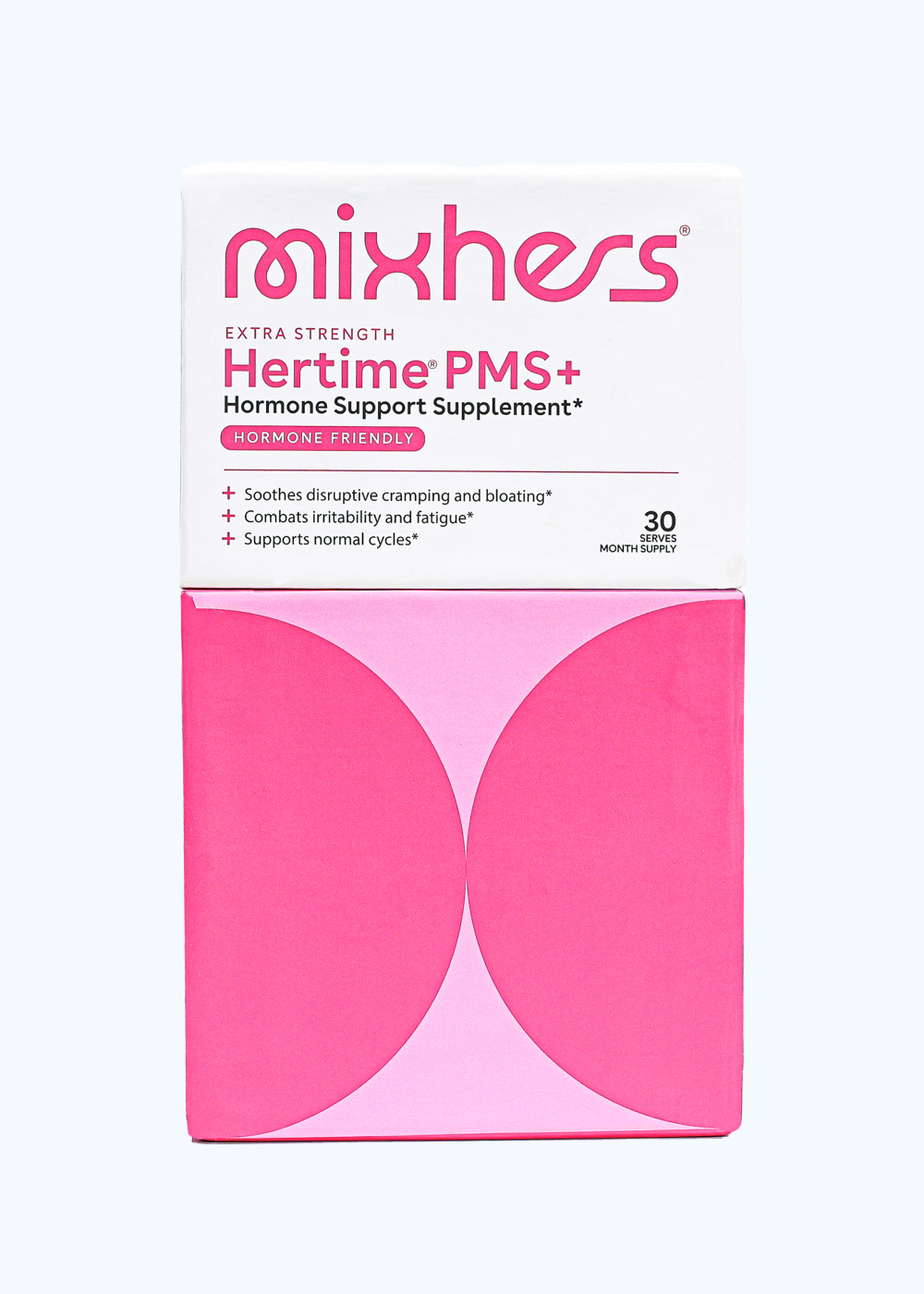Motherhood is a complex and profound journey that connects us to all living creatures on this planet. Whether it's the tender bond between a human mother and her child or the nurturing instincts of an animal mother, the love and care that mothers provide is unparalleled. And hormones play a vital role in shaping the experience of motherhood for humans and animals alike.
From the maternal aggression triggered by specific peptides in the brain to the adaptability enabled by fluctuating hormone levels, the biology of motherhood is fascinating. In this article, we will explore the many ways in which hormones connect us to the animal world and provide valuable insights into the remarkable experience of motherhood. Let’s discover the lessons that human mothers can learn from their counterparts in the animal kingdom.












